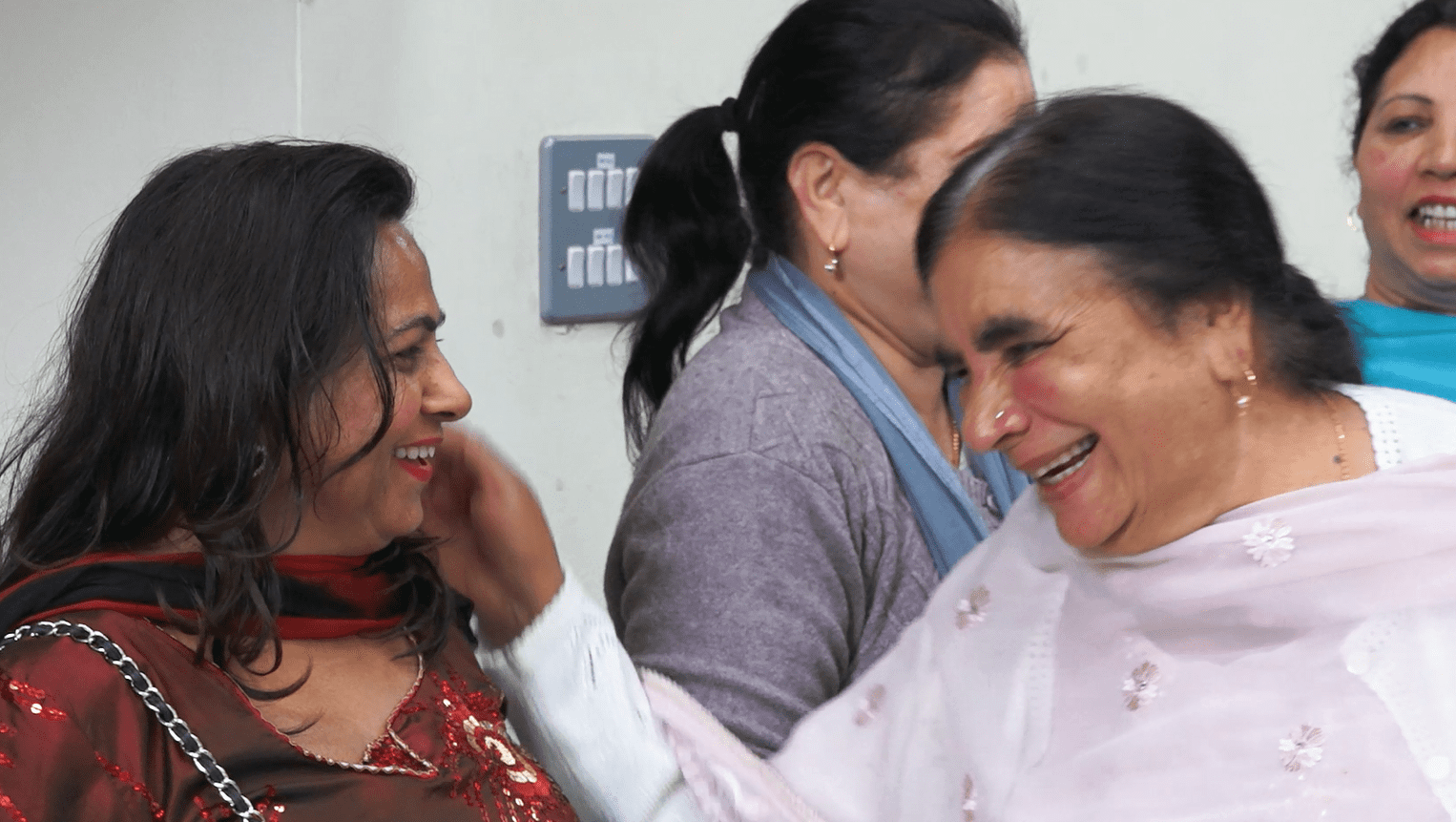
Steve Conway
Powering Up Connector
The Powering Up programme was a two-year initiative by Power to Change designed to help community businesses across England address the growing challenges of digital transformation and climate change.
Through a combination of grants and capacity-building support, the programme aimed to strengthen organisations by improving their digital capabilities and sustainability practices.
For a deeper dive into the programme’s approach, full details are available on our Notion page (link to be confirmed.)
The imperative for equity and inclusion in funding
Community businesses play a vital role in fostering local resilience, yet those led by marginalised or racialised communities frequently encounter additional obstacles, these include lack of information and awareness of opportunities, overly complex application processes, criteria which exclude their applications, and once in a program a lack of culturally competent support.
Powering Up adopted a principles-based approach, distinguishing between equality (providing the same resources to all), equity (addressing structural disadvantages to ensure fair outcomes) and inclusion (ensuring marginalised voices actively shape programmes, rather than merely being present).
This framework guided every stage of the programme’s evolving iteration of its design and delivery.
As a team we’ve reflected on what worked and what we learnt about implementing Equity, Diversity & Inclusion in a complex grant and capacity building program and we want to share these discussions to help shape more equitable funding practices across the sector.
Here’s what we’ve learned along the way.
Flexible, human-centred support works
Community businesses led by minoritised and racialised leaders told us they needed more than just money; they needed mentoring, peer learning, and tailored advice. By offering a range of tailored capacity support alongside funding, we saw stronger long-term impact and greater resilience in the organisations we worked with.
Trust and relationships: the foundation of effective support
One of the most powerful elements of Powering Up was the role of our team of Community Connectors, people with lived experience of running community businesses, the majority of whom were from diverse and marginalised backgrounds themselves. Their deep understanding, empathy, and shared experience built trust in ways that traditional funder-recipient relationships often struggle to achieve.
Community businesses told us that having someone who “gets it”, who understands the challenges from the inside made all the difference. Rather than feeling like they had to prove themselves to funders, they were able to have honest conversations about their needs, barriers, and ambitions. This trust-based approach led to stronger engagement, more tailored support, and ultimately, better outcomes.
Removing barriers and ensuring fair access
The Powering Up! programme recognised that traditional grant-making processes often exclude community businesses facing language barriers, literacy challenges, or systemic marginalisation. To address this, the team implemented several key measures:
- A simplified application processes, using plain English and reducing unnecessary complexity in forms.
- Enhanced accessibility through website translation tools and easy-read principles.
- Proactive support, offering 100+ hours of pre-application calls in Round 2, with 22% of these supporting racialised or marginalised-led groups.
Accessibility requires intentional design and ongoing review, an audit processes for hidden barriers, from language complexity to informal networking advantages can make this achievable.
Mitigating bias in decision-making
To ensure equitable assessment, Powering Up introduced safeguards against unconscious bias:
- Flagging system: All applications from marginalised and racialised communities underwent secondary review if initially rejected.
- Panel reassessment: “Maybe” decisions in Round 2 were escalated for full panel review, preventing potentially exclusionary single-assessor judgements.
- Active and Constructive feedback: Unsuccessful applicants received detailed explanations and follow-up support, particularly those from underrepresented groups.
There’s no one-size-fits-all model
The diversity of community businesses means that rigid programme structures won’t work for everyone. Flexibility, whether in funding terms, learning approaches, or reporting requirements was key to meeting organisations where they were.
Ongoing commitment and evolving project design
A commitment to EDI isn’t a one-time thing, it’s a continuous process of learning, adapting, and holding ourselves and those we work with accountable. During our work we uncovered several new barriers faced by some groups in accessing support. This included a lack of culturally appropriate suppliers in the environmental sector, miscommunication, suppliers having different expectations of what support needed to look like for a particular community, and worry about reporting and spending and reputational damage with funders. Through a constant focus and discussion of how the team was delivering Equity, we were able to evolve and “Flex” the program to the specific and emerging need of these excluded communities.
We’d love to hear your thoughts. Join the discussion and explore the full Powering Up EDI reflections. Let’s keep learning together.



